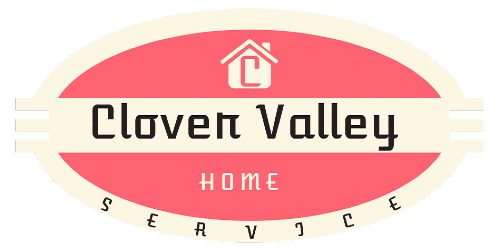Hardwood Flooring vs. Engineered Flooring – Which is better?
Homeowners who want a particular style of flooring may be best served by hardwood flooring.
When remodeling and replacing flooring, there are various types to consider. From different hardwood types to engineered flooring, the choices are nearly endless. Answering the question “Is hardwood or engineered flooring better?” depends on preference, budget, and where it will be used. Let’s take a look at hardwood flooring vs. engineered flooring.
Location within a home
Hardwood is the recommended flooring for nearly every room in a home. However, due to the nature of it, hardwood does not stand up well to prolonged exposure to moisture. Engineered flooring would be best suited in rooms with drips and spills, such as the kitchen and bathrooms. Hardwood is also not ideal for basements because of potential moisture damage.
Durability
Both hardwood and engineered flooring have a long life span when cared for properly. That doesn’t mean damage won’t occur after years of use, though. When exposed to moisture long enough, hardwood floors can twist and warp, causing uneven boards and decay. Since engineered flooring is placed on top of plywood, which is slightly more stable than a solid wood plank, there isn’t as much potential for moving boards. However, the thin surface of engineered flooring can chip, or the finish can wear, decreasing the durability of the top board.
Caring for floors
Homeowners can care for hardwood floors by sanding and refinishing as needed. Sanding hardwood floors more than 7 to 10 times is not recommended. On the contrary, engineered flooring can be sanded except lightly, but only once or twice. Hardwood floors can typically be repaired or refinished if there is sustained damage. In comparison, engineered flooring may need replacing since it can’t withstand sanding and repairs like hardwood.
Looks
Homeowners who want a particular style of flooring may be best served by hardwood flooring. Hardwood flooring offers many options, from standard oak to more exotic woods like tiger wood or rosewood. There are fewer engineered flooring options, so the discerning homeowner looking for a unique finish may be happier with hardwood. Engineered flooring and hardwood flooring of a similar style are nearly identical. Because of this, either is an option if the homeowner wants a standard wood look.
Installation
If a hefty installation cost isn’t within the budget, engineered flooring is the way to go. It’s simple enough that even someone with limited experience can install the flooring with a few instructions. Homeowners who prefer professional installation will be pleased with the lower cost of engineered flooring. Hardwood floors can take more care and experience to install correctly despite the availability of precut, interlocking planks.
Cost
Engineered flooring is cheaper per square foot, ranging from $3 to $14, while hardwood floors can range from $8 to $15 per square foot. Exotic woods would cost even more. The upfront cost for hardwood may make it a less attractive option. However, its sturdiness and ability to be repaired several times over many years make up for the initial cost.
Environmental Impact
For the environmentally conscious, engineered flooring is the better option. It has less of an impact and is more eco-friendly since it can use leftover wood from other processes. There are options for eco-friendly hardwood floors, but they may be harder to find since the homeowner may need a supplier certified by the Forest Stewardship Council.
So, which is the better option—hardwood flooring or engineered flooring? The answer varies on a case-by-case basis. Hardwood is better for rooms with low moisture, as continuous exposure to moisture can cause it to warp and rot, resulting in the need for repair or replacement. Engineered flooring is better at withstanding moisture. Because of this, engineered flooring is great in kitchens, bathrooms, and even basements. Hardwood floors cost more initially, but upkeep costs are lower than engineered ones.
Clover Valley Home Services is a licensed and insured service provider equipped to efficiently handle your floor planning and designing, tile installation, permitting and planning, and flooring installation and repair needs. Get in touch with our experts today!

